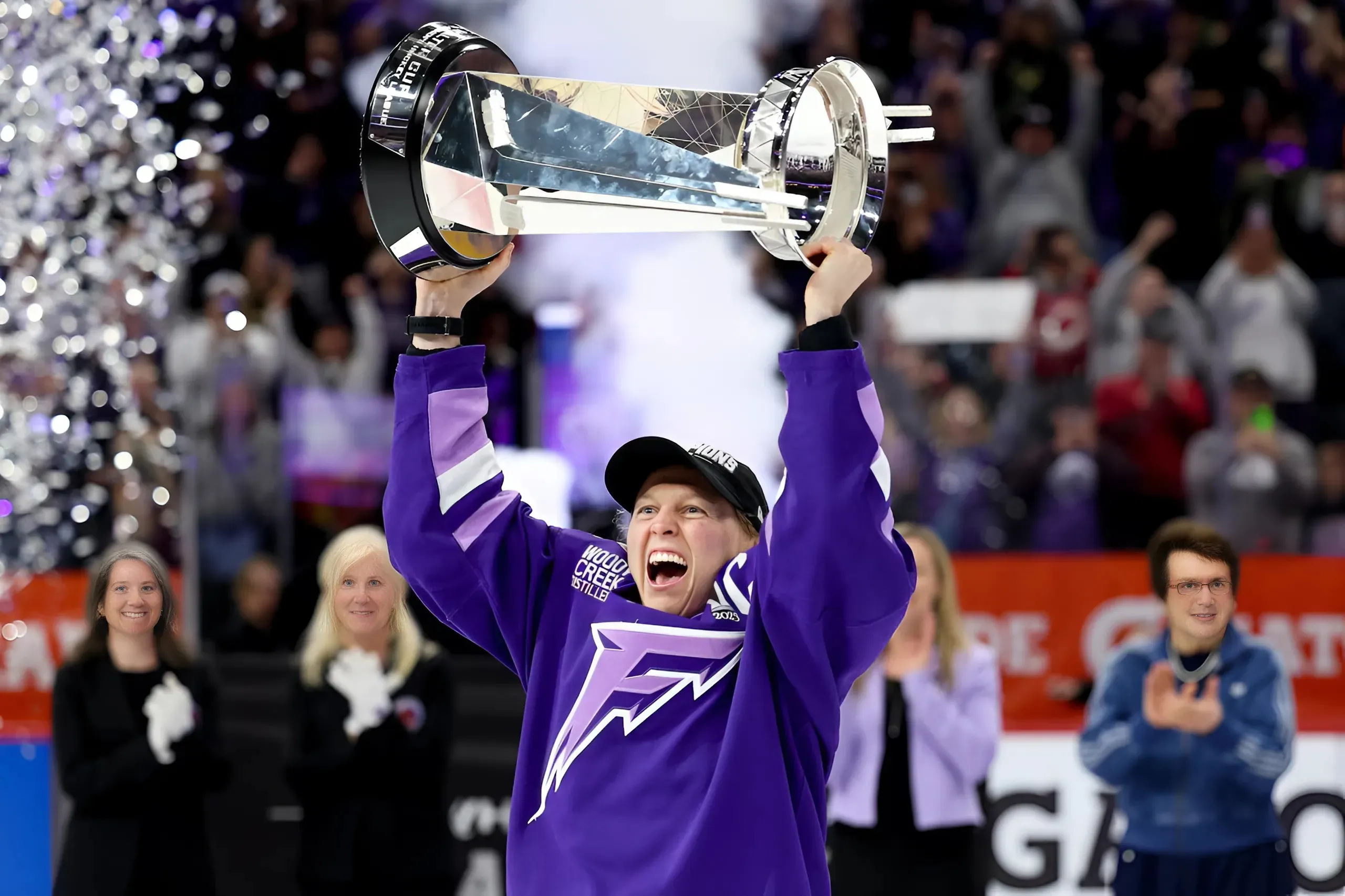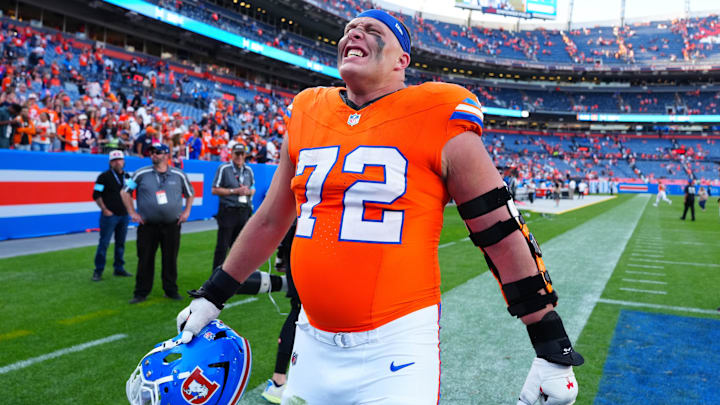
Chuck Wepner wasn’t the worst fighter ever to be given a shot at a world championship. For all the accounts of his brave but failed challenge of Muhammad Ali 50 years ago, on March 24, 1975, that refer to him as a “liquor salesman” and reference his tendency to spurt blood once his skin was subjected to the slightest duress, he was a professional prizefighter who had faced some genuinely quality opposition and even claimed a scalp or two.
Wepner had been the last man to square off against Sonny Liston, who had dispatched him in the ninth of 10 scheduled rounds in June 1970. Before that, in August 1969, he had been stopped in three by George Foreman; in his first outing after the Liston loss, Wepner was halted, again in three, by Joe Bugner.
But he went 2-1 against promising contender (and future referee) Randy Neumann, and in June 1973 managed to outpoint Ernie Terrell. That win, the third in a sequence of eight consecutive victories between April 1972 and October 1974, secured Wepner the biggest fight and biggest purse he would ever receive, as he was plucked from relative obscurity to take on the newly minted two-time heavyweight champion of the world.
But if he wasn't the worst, he certainly wasn't the most threatening of challengers to the crown, and Ali, fresh off his knockout of Foreman in the jungles of Zaire, certainly didn’t take Wepner seriously.
“An old man was once asked by a young man, ‘How is it that you look so good and stay in such fine condition at your advanced age?’” Ali would philosophize later. “The old man replied, ‘It is the preserved energy of my youth which is now maintaining my life.’ That is why my career spanned 20 years. I didn’t burn myself out training for guys like … Chuck Wepner.”
Despite the fact that there was very little interest in what was perceived as an absurd mismatch, Don King was able to secure Ali a $1.5 million payment – although rivals asserted he had resorted to nefarious means to do so.
“The Wepner fight became a real monkey on King’s back,” Bob Arum told author Thomas Hauser in Hauser’s book “Muhammad Ali: His Life and Times.”
“I know that for a fact, because some FBI people told me that the interest he owed on his loan from the Mob kept building and building, and King wasn’t able to pay it off until after [Larry] Holmes-[Gerry] Cooney in 1982.”
Ali did his best to promote the fight.
“Hey Chuck,” he whispered during a break on “The Mike Douglas Show.” “Do me a favor. When they come back on stage, call me an effing n*****. We’ll make it look like a grudge match and sell tickets.” When Wepner refused to do any such thing, Ali pretended he did anyway.
“Do you know what he called me? Do you know what he called me?” he yelled as Douglas reappeared and Wepner tried to cover Ali’s mouth.
Wepner was paid the princely sum of $100,000 for the contest. That earned mockery from Ali, who sneered, “I don’t box exhibitions for $100,000.” But for Wepner, it was enough for him to have a full training camp in the Poconos in Pennsylvania. And once the bell rang to begin the fight in Ohio’s Richfield Coliseum, the fact that Wepner had trained to win soon became apparent.
The undercooked Ali was comfortably in control from the beginning, but Wepner was doing everything he could to disrupt him, including fighting dirty. Ali grew particularly incensed with Wepner’s rabbit punches and the failure, as he saw it, of referee Tony Perez to stop Wepner from throwing them. At one point, Ali fired off a half-dozen illegal blows of his own in rapid succession by way of retort.
The bout was settling into an ugly but one-sided brawl when, in the ninth round, Wepner threw a right hand to Ali’s chest and the champion went down for only the fourth time in his career (the other occasions being against Sonny Banks, Henry Cooper and Joe Frazier.) Ali complained that Wepner had stood on his foot, an assertion supported by video evidence. But as Perez administered a count, Wepner turned to his corner and said to trainer Al Braverman, “Start the car up, Al. We’re going to the bank. We’re millionaires!” To which Braverman responded: “You better turn around – your guy’s getting up, and he looks pissed off.”
Suitably enraged and motivated, Ali stepped up his assault, slicing the face of the “Bayonne Bleeder” to pieces and finally dropping him with just 19 seconds of the 15th and final round remaining. Wepner started to rise, but Perez saw that he was in no fit state and waved the fight off.
“I was disappointed,” Wepner told Hauser years later. “I wanted to go the full 15. I argued, but it wasn’t any use. And I suppose it doesn’t make that big a difference. The record book shows that Chuck Wepner fought Muhammad Ali and took him into the 15th round.”
“I did just enough to get by,” Ali said afterward. “You don’t see no scratches. He was out to win the fight.”
Indeed, Wepner was so confident of springing the upset that, on the morning of the fight, he gave his wife a blue negligee. “And I told her, ‘I want you to wear this tonight, because after the fight you’ll be sleeping with the heavyweight champion of the world.’ And when the fight was over, after I’d gotten stitched up – 28 stitches – I went back to the hotel. I was pretty much exhausted. And my wife was in the room, waiting for me, wearing the negligee. And she said to me, ‘OK, big shot. Do I go to the champ’s room or does he come to me?’”
Wepner’s last pro bout was in 1978. He retired with a record of 36-14-2 (17 KOs). The combination of celebrity and retirement sat uncomfortably with him, and he became a heavy user of cocaine. In November 1985, he was arrested after being found in possession of four ounces of the drug; sentenced to 10 years in jail, he actually served 27 months in confinement.
Among those to visit Wepner while he was behind bars was Sylvester Stallone, who had been nominated for two Oscars at the 49th Academy Awards in 1977 for writing and starring in “Rocky.”
Stallone initially claimed that multiple events and individuals influenced the story of the no-hoper Rocky Balboa who managed to go the distance with Apollo Creed, but he would ultimately acknowledge that nothing was as instrumental to the story being written as the evening of March 24, 1975.
Stallone was an actor on the fast track to failure when he saw Ali-Wepner unfold. Three days later, he had completed the screenplay of the movie that would make him a star.
“On my 29th birthday, I had $106 in the bank,” he would later recall. “To cheer myself up, I took the last of my entertainment money and went to see the Ali-Wepner fight on closed-circuit TV. Chuck Wepner, a battling, bruising club fighter who had never made the big time, was having his shot. It wasn't at all regarded as a serious battle. But as the fight progressed, this miracle unfolded. He hung in there. People went absolutely crazy. Wepner was knocked out in the 15th and final round, almost lasting the distance. We had witnessed an incredible triumph of the human spirit and we loved it. That night, Rocky Balboa was born.”

-1744645586-q80.webp)

